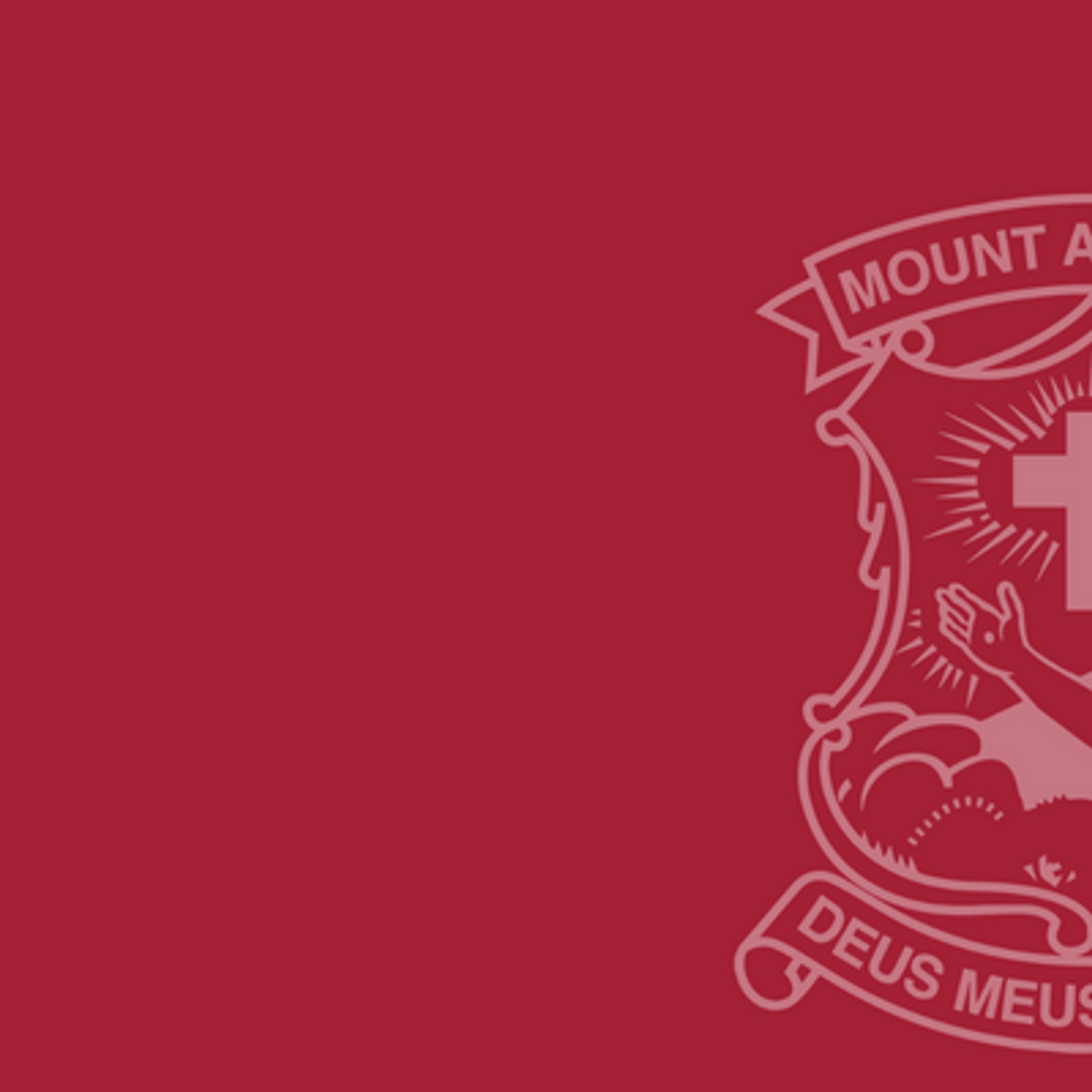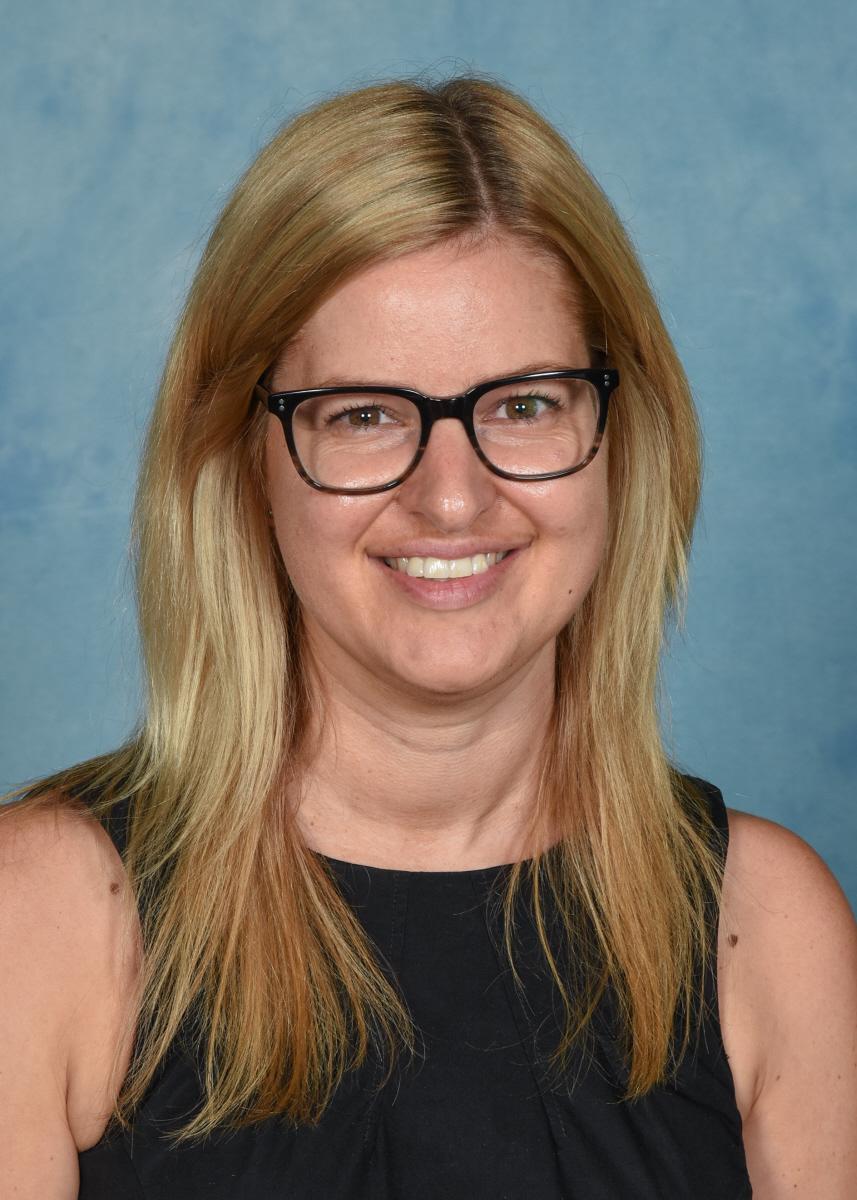From the Futures Hub
Head of Futures & Partnerships - Melissa Loveday

From the Futures Hub
Head of Futures & Partnerships - Melissa Loveday


The ‘future of work’ is now a commonplace term used across businesses, organisations, and governments. For many, it is synonymous with vast technological change - the diffusion of artificial intelligence (AI), the rise of automation and the expansion of the gig economy. In such times of uncertainty and volatility, our ability to earn an income is one of our greatest assets. Whilst choosing a career has never been easy, it’s even more complicated these days with so many pathway options. Going on to higher education is one of many post-school choices that young people have.
Higher education has sometimes been referred to as an ‘investment in self’—being an investment in one’s ability to earn an income and create a career in a chosen occupation. Investments are different from the everyday purchases we make. An investment is a purchase that we make today that will generate future benefits. In the case of a higher education investment, these benefits may include higher incomes, job security or good working conditions.
Career planning in the 21st century is quite different from that of the past. Making career decisions today is increasingly complex with more occupations to choose from than ever before. Research tells us that having too many choices changes how we make decisions. Formally known as occupational hyper choice, young people today are overwhelmed by the sheer number of careers from which they have to choose. Career information overload is common too. As a result, some young people are shortcutting the decision-making process by picking whatever occupation is top-of-mind at that point in time, delaying the decision in the hope that it will go away, or not making a decision at all out of pure exhaustion and confusion.
Career clustering is one way that parents can help their child make an informed decision. One highly recommended resource is from the Foundation of Young Australians (FYA). The FYA New Work Mindset report used big data to reveal seven job clusters to help young people, and their parents, navigate their career decisions. These job clusters are groupings of occupations where the skills needed are closely related. So, skills acquired for one occupation are portable. If work opportunities in one occupation in the cluster should change, a person’s skills could be transferred to another occupation in the same cluster. For many, this will come as a welcome relief. The FYA report is easy to read and free to download. The seven new job clusters include:
A young person’s attempts to shortcut career decisions or avoid career conversations with their parents may be a response to 21st-century occupational hyper choice. The FYA seven new job clusters may be a helpful tool for parents to start, or re-start, career conversations with their children.
For more information about Professor Raciti’s research into how young people make career decisions, go to: https://www.ncsehe.edu.au/publications/perceived-risks-of-going-to-university/
Find all the latest careers and vocational educational information here.
Melissa Loveday
Head of Futures and Partnerships